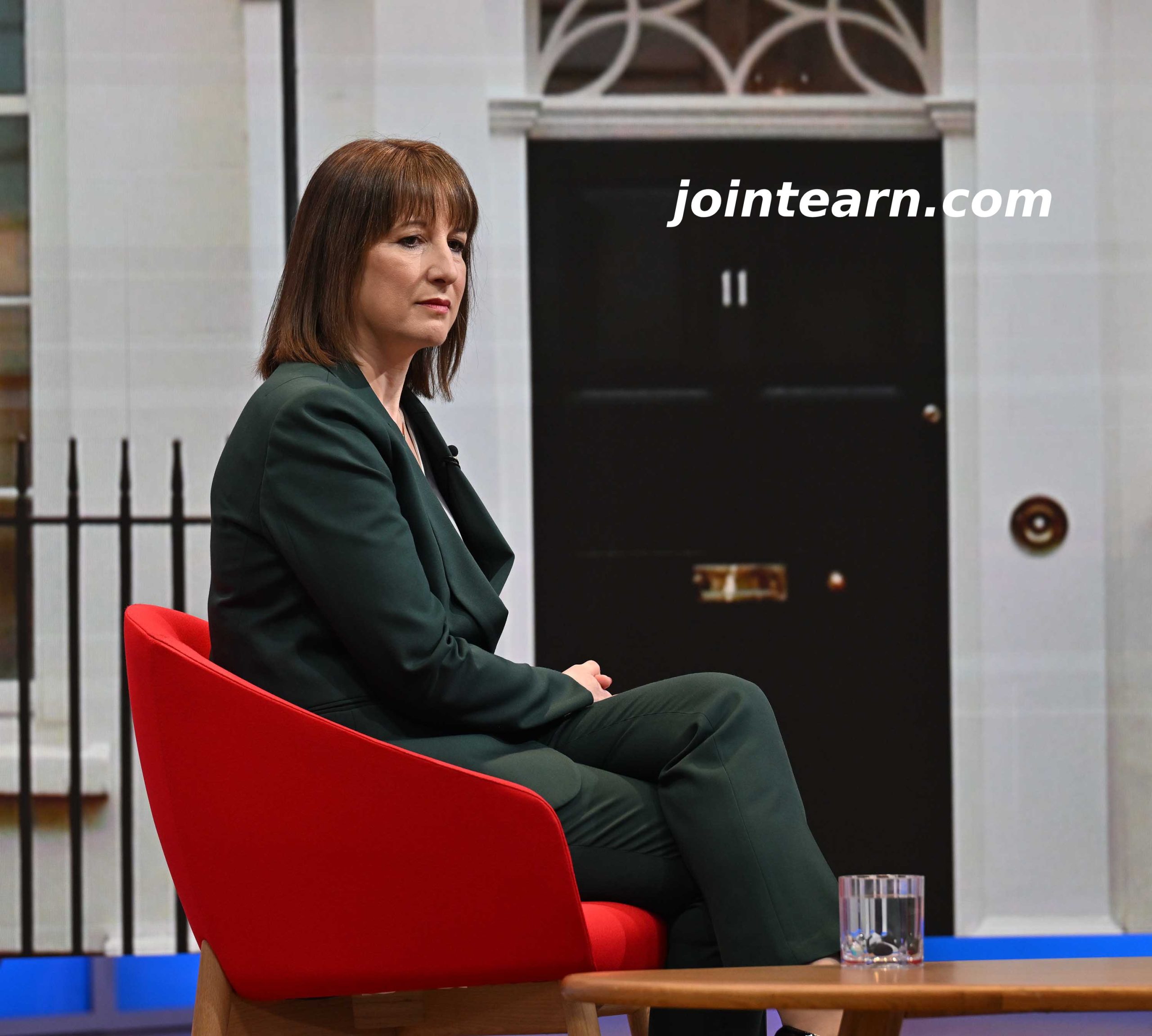Chancellor Rachel Reeves Unveils UK Economic Plans
Chancellor Rachel Reeves will deliver the Spring Statement 2025 on Wednesday, March 26, outlining her economic strategy amid financial challenges.
While Reeves has ruled out new tax increases, she faces difficult choices due to slow economic growth and global uncertainties. The statement is scheduled for 12:30 PM in Parliament, followed by an economic forecast from the Office for Budget Responsibility (OBR).
What to Expect from the Spring Statement 2025
Reeves has committed to delivering a single major economic update each year—the Budget. In this Spring Statement, she is expected to:
-
Maintain current tax rates and government budgets
-
Revise economic growth forecasts
-
Provide further details on previously announced policies
Key Announcements: Economy, Welfare, and Defence
Welfare Cuts Expanded
On March 18, the government announced plans to cut £5bn per year from welfare spending by 2030. The reforms include:
-
Stricter Personal Independence Payment (PIP) tests, impacting thousands of claimants
-
A freeze on incapacity benefits
However, after a reassessment, the OBR estimates that these cuts may fall £1bn short, prompting Reeves to announce additional welfare reforms.
Civil Service Job Reductions
Reeves aims to reduce government operational costs by 15% by the end of the decade. This includes cutting 10,000 civil service jobs in roles such as HR, policy advisory, and communications.
Defence Spending Boost
Amid rising global tensions, the UK will increase defence spending by £2.2bn, ensuring the government meets its 2.5% GDP defence spending target by 2027.
Potential Business Tax Changes
While personal tax hikes are off the table, businesses may face new tax measures. The Digital Services Tax (DST)—which currently generates £800m annually from global tech giants—could be revised to prevent US trade tariffs.
How Is the UK Economy Performing?
-
Weak Growth: The UK economy grew just 0.1% in late 2024 but contracted by 0.1% in January 2025.
-
Rising Costs: April wage increases and higher National Insurance contributions will raise business expenses.
-
Inflation Concerns: Inflation sits at 3%—above the Bank of England’s 2% target—and is expected to increase in 2025.
-
Interest Rates: With inflation exceeding targets, interest rate cuts are unlikely, making loans and mortgages more expensive.
Government Borrowing and Fiscal Rules
Rachel Reeves has two key fiscal commitments:
-
Not to borrow for daily public spending
-
Ensure government debt falls as a percentage of GDP by 2029-30
However, with low growth and rising borrowing costs, meeting these targets is becoming more challenging.
Conclusion: A Balancing Act for the UK Economy
With economic uncertainty, rising inflation, and global trade risks, the Spring Statement 2025 is crucial for shaping the UK’s financial future. Follow live updates for the latest announcements and expert analysis.












